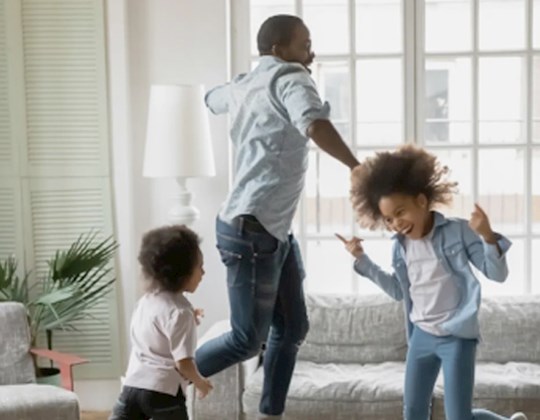Promoting positive mental health: Calming neurodiverse children’s camp jitters
Camp is a special event in many people’s lives. Children make friends and learn new things while parents enjoy a break from the vigilance required with children. Whether for a day or overnight stay, most people have happy memories of their experiences. Families with neurodiverse children might also see camp as a way for their child to dive deeply into preferred interests such as dinosaurs, outer space, or animals while in the company of others (See Figure 1). Some families, and even neurodiverse children themselves, might also take a deep breath and decide not to detail the camper’s differences, hoping they will be accepted for who they are, despite any observable behaviors that seem out of the ordinary (Johnson & Joshi, 2016; Larson, 2010; O’Nions et al., 2017). Unfortunately, mental health challenges such as situational anxiety and fear can escalate as sessions wear on and may either make or break the camping experience. Positive mental health is not merely the absence of mental health challenges but something we all strive for to develop relationships, adapt to change, and cope with adversity (Galderisi et al., 2015). Counselors and campers can benefit from occupational therapy supports to increase the joy camp can bring.
